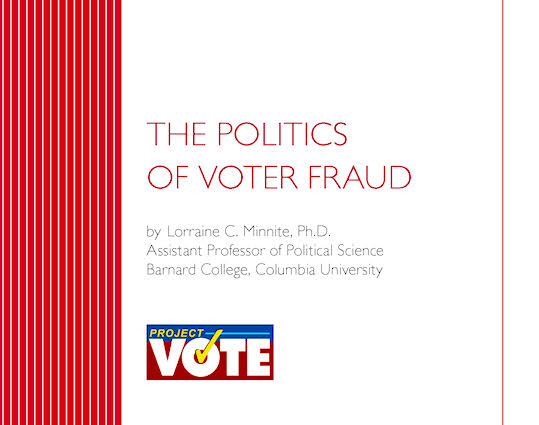Protecting Voter Registration Drives
Since the beginning of the Civil Rights movement, voter engagement efforts have played a vital role in our democratic process. While there are other ways to reach the tens of millions of underrepresented Americans, no substitute exists for the patriotic act of canvassing our country’s neighborhoods to help community members register to vote.
 However, in recent years voter registration efforts have faced growing resistance and attack from partisan forces opposed to expanding the franchise. States have increasingly imposed severe restrictions on drive activities, threatening to make voter registration efforts prohibitively expensive and risky in many states.
However, in recent years voter registration efforts have faced growing resistance and attack from partisan forces opposed to expanding the franchise. States have increasingly imposed severe restrictions on drive activities, threatening to make voter registration efforts prohibitively expensive and risky in many states.
Project Vote is dedicated to protecting this vital legacy of the Civil Rights movement, and ensuring that voter registration drives can continue to operate unimpeded by threat of persecution and unfair administrative restrictions.
Most Recent / Relevant Items
- (244)
- (77)
- (6)
- (33)
- (25)
- (63)
- (42)
Advanced Filters and Sorting
Testimony: New State Voting Laws: Barriers to the Ballot? Senate Judiciary Subcommittee hearing
This is Project Votes testimony on “New State Voting Laws: Barriers to the Ballot?”, presented September 8, 2011 before the Senate Judiciary Subcommittee on the Constitution, Civil Rights, and Human Rights. Read more
Legislative Brief: Voter Registration Drives
Community-based voter registration organizations serve as critical intermediaries between states and citizens who are currently alienated from the political process. Such voter registration drives have long been a feature of American politics and have helped countless Americans become registered voters. This tremendous success, however, elicited an organized backlash that came in two parts: claims of voter fraud and the introduction of state bills that were designed to restrict voter registration drives. Read more
The Politics of Voter Fraud

In this comprehensive report, Lorraine C. Minnite separates the politics of voter fraud from legitimate administrative concerns about the integrity of the electoral process. Read more